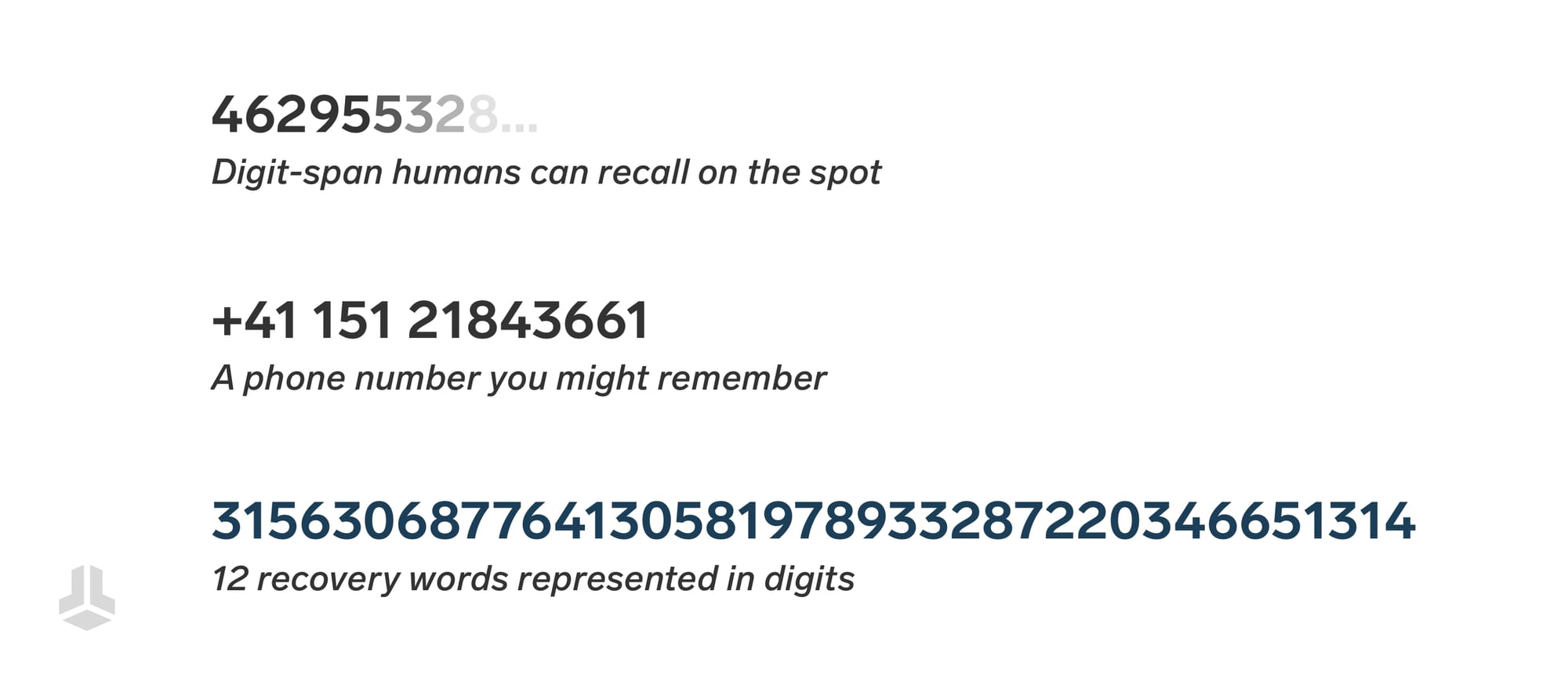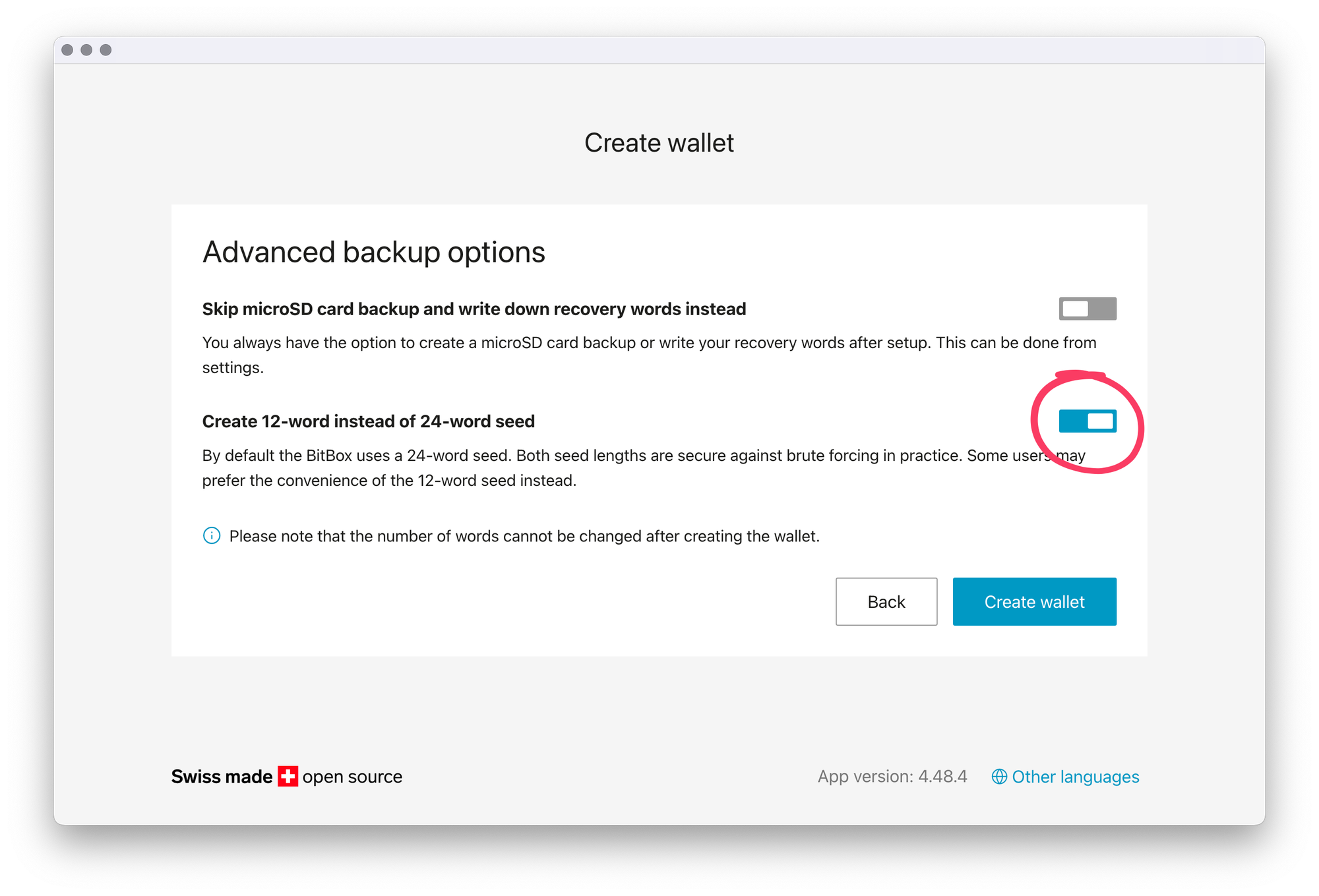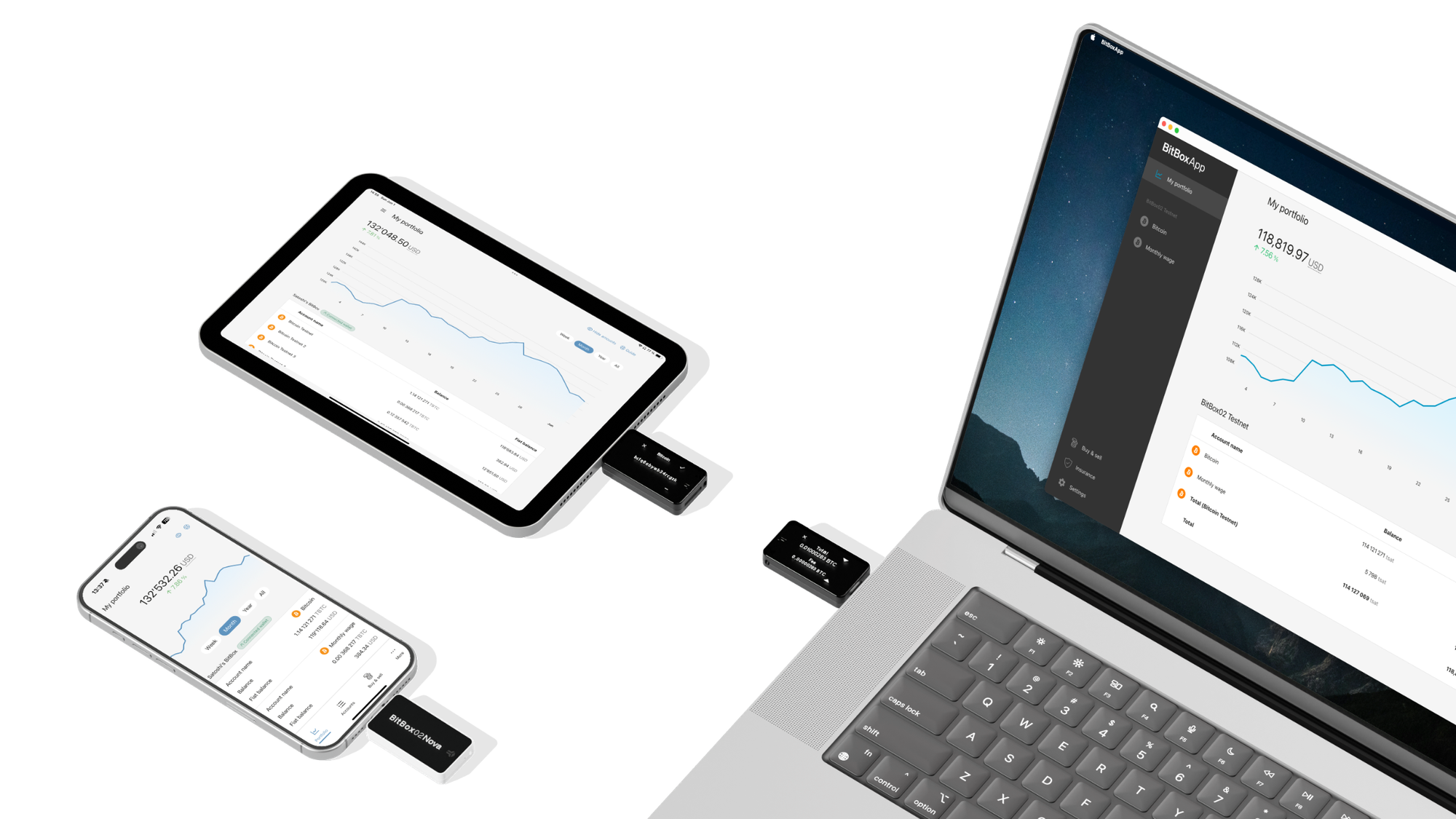Bitcoin is information. That is, as long as you take custody of the private keys yourself and keep them in a secure location. Such backups can take many shapes and forms, from writing the recovery words on paper, conveniently storing them on a microSD card, all the way to the most durable options made out of stainless steel.
However, one very specific location to store your seed phrase is… your brain. Like any piece of information, you can simply remember the recovery words in their correct order to have your bitcoin always with you. As long as no one can read your mind – no one can get access to your bitcoin. This approach may sound great on the surface, but comes with a huge risk…
Forgetting your bitcoin
When it comes to restoring access to your life savings, it obviously poses a significant risk if your brain becomes a single-point-of-failure. The possibility of quite literally “forgetting your coins” is not one that should be turned down because one “is good at remembering things” or “will practice remembering a lot”. Let’s take a moment to summarize why it’s a bad idea.
Memory span
The average human brain is quite bad at remembering random sequences of numbers or words reliably. The longer the sequence, the more difficult it gets. Unfortunately, a Bitcoin seed phrase is exactly that: random words, with no meaning behind their order of appearance or context of the words themselves.
In simple “digit-span” studies, where the average human memory span is measured by how many random digits someone can recite on the spot, a common result is the magical number seven. Some may reach 9 or 10, others will fail at 5 or 6 already. To illustrate why that’s not a lot, 12 recovery words of a Bitcoin wallet represent a number which is almost 40 digits long, while 24 words represent almost 80 digits. Of course, words are easier to get your head around than arbitrary numbers, but the idea here is to establish that our brain is not well suited for the task in the first place.

This is not to say memorization is impossible. There are various techniques for how to actually memorize the words reliably, from simple and continuous repetition in order, to coming up with a creative story or poem which incorporates the words directly. The latter can make remembering the words easier thanks to the context of the story – or the rhymes and structure of the poem. In any case, it requires a lot of practice, assuming you’re not blessed with total recall.
Accidents
Assuming the initial memorization task is not challenging for you, the risk of unexpectedly losing your memory always remains. The primary example scenario for this are accidents, which – by definition – happen unexpectedly, and their consequences cannot be fully anticipated. For example, car accidents often lead to traumatic brain injuries and amnesia. Your car insurance might pay for damaged parts, but not the bitcoin you lost in the process. It may sound a bit harsh, and accidents like these are not something you would ever look forward to, but acknowledging this risk is very important and should be one of the main reasons to avoid solely relying on your memory for wallet backups.
Out of sight, out of mind
The recommended approach of only storing physical wallet backups in secure and well hidden locations not only has the benefit of reliably keeping your seed phrase away from the wrong pair of eyes. It also protects the seed phrase from yourself. You cannot accidentally spill a secret you don’t know while being drunk at a party, and you also don’t have to access it periodically to practice your memory. This reduces the general exposure risk of your seed phrase, as it takes the human factor out of the equation entirely, while the seed phrase can be kept far out of reach.
A backup for the backup
As is often the case, the blank statement of “Don’t do it” deserves more nuance. There are scenarios where it may make sense to memorize your seed phrase, mainly when you use it in addition to physical backups. Adding more redundancy to your wallet setup rarely hurts, and having a backup always with you, ready to go, can even add some peace of mind.
Still, this approach is far from a necessity and only really helps in very specific situations, where you would need to recover your wallet, but are unable to access your physical backups. The main priority should be to focus on the physical backups and their location, which should ideally always be accessible. If you still want to go for it, treating the memorization as an entirely optional addition is the most important thing, protecting you from the aforementioned risks.
Crossing borders
Bitcoin is a revolutionary form of money, and there are times when its monetary properties are not just neat benefits, but become outright necessities. Picture a refugee fleeing out of their home country, where an oppressing regime controls and restricts all access to financial institutions. Keeping 12 English words in mind is everything this refugee needs to take their entire life savings with them, while leaving everything else behind. Nobody can stop them from doing that – because nobody could ever know.
It’s extreme yet far from unrealistic scenarios like these where Bitcoin empowers self-sovereignty more than anywhere else – and where memorizing your seed phrase not just makes sense, but is probably the best option.
12 words
You want to memorize your seed phrase as an addition to your physical backup? In that case, you should consider setting up a wallet with 12 recovery words – instead of the default 24 words. This has the obvious benefit of being way easier to memorize, while still being secure.
Warning: Always generate your seed phrase randomly (i.e. using your BitBox or rolling it with dice). Never choose the words at whim, e.g. based on how convenient they are to memorize.
The 12-word option can be enabled in the “Advanced options” during the setup of the BitBox. Simply toggle the option as shown below and proceed with creating the wallet and its backup.

Be aware that this selection cannot be changed after the wallet has been created. The seed phrase is the master secret to all of your accounts and addresses, and changing it changes everything else as well. If you want to make the switch from 24 to 12 recovery words (or vice versa), you will have to reset the BitBox multiple times to create a new wallet and transfer your coins with regular transactions. This process is easier when using microSD card backups – or even a second BitBox device, if you have one available.
Conclusion
The seed phrase is the one and only key to your bitcoin. Unlike with PIN codes for your smartphone, passwords for online services or even the device password of the BitBox – where forgetting them is not the end of the world – losing your seed phrase is an irreversible loss. This is why we would always recommend to focus on secure physical backups and keep things as simple as possible. Memorizing your seed can be a fun exercise to add more redundancy, but it should not be the cornerstone of your wallet backup.
Don’t own a BitBox yet?
Keeping your crypto secure doesn't have to be hard. The BitBox hardware wallets store the private keys for your cryptocurrencies offline. So you can manage your coins safely.
Both the BitBox02 Nova and the BitBox02 also come in a Bitcoin-only edition, featuring a radically focused firmware: less code means less attack surface, which further improves your security when only storing bitcoin.
Pre-order BitBox02 Nova or grab a BitBox02 in our shop!

Shift Crypto is a privately-held company based in Zurich, Switzerland. Our team of Bitcoin contributors, crypto experts, and security engineers builds products that enable customers to enjoy a stress-free journey from novice to mastery level of cryptocurrency management. The BitBox02, our second generation hardware wallet, lets users store, protect, and transact Bitcoin and other cryptocurrencies with ease — along with its software companion, the BitBoxApp!

